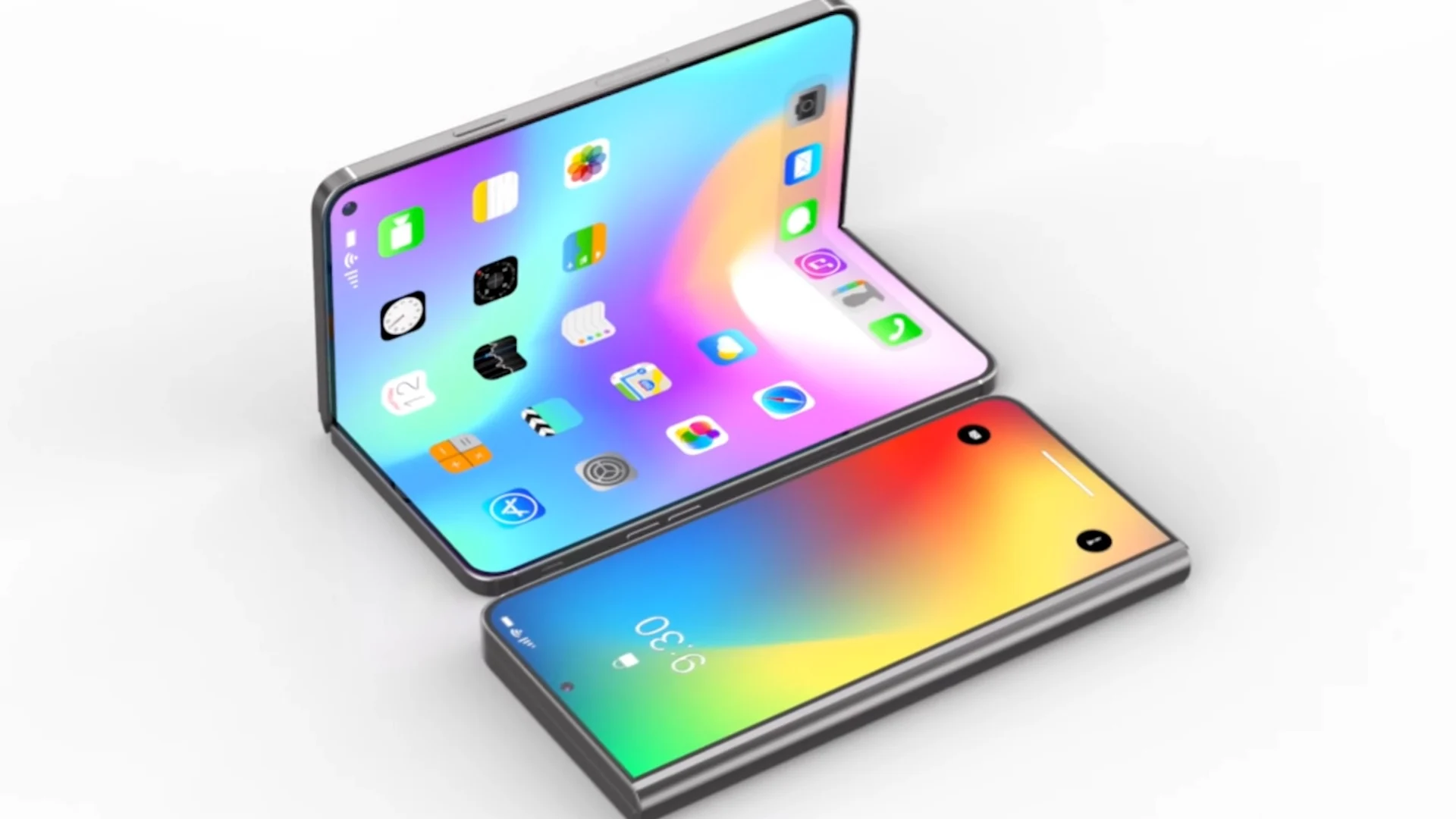Apple has created technology intended to help robots acquire people-like behavior. In a recent test, the researchers guided the robots by using models to learn from watching videos or text instructions.
Apple’s new system, Human-Guided Spatial Semantic (HUGS), was used to assemble these foundation models. Experts do this by fusing short videos of people at work with digital scans of the spot they recorded. As a result, robots are able to deduce both the motion and the location of events. Training the system involved 20 different tasks, including opening drawers, picking up garbage and setting objects on shelves.
It’s exciting because the robots can discover solutions on their own. Instead, they can be taught from one simple example. With one-shot imitation learning, the robot is able to repeat the task correctly even after only one demonstration.
This might result in smarter robots that can be used at home or in services in the future. Though Apple hasn’t said if this research will appear in a new product, it is obvious they are working extensively on robotics and AI.
From the research, it is clear that Apple is working on giving machines greater intelligence so they can be more beneficial and handle what happens around them just as people can.





